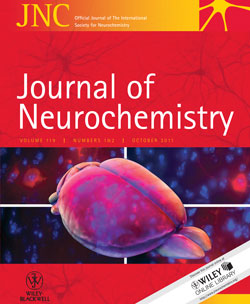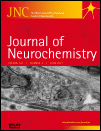 In a recent editorial, the Journal of Neurochemistry declared it would no longer accept author-suggested reviewers. While other journals have done the same in order to prevent fake reviews, the Journal of Neurochemistry is basing its decision on a different logic. We spoke with editor Jörg Schulz about why he believes relying on reviewers picked by editors helps reduce bias in the peer-review process.
In a recent editorial, the Journal of Neurochemistry declared it would no longer accept author-suggested reviewers. While other journals have done the same in order to prevent fake reviews, the Journal of Neurochemistry is basing its decision on a different logic. We spoke with editor Jörg Schulz about why he believes relying on reviewers picked by editors helps reduce bias in the peer-review process.
Retraction Watch: What prompted you to compare the outcomes of papers reviewed by experts suggested by authors versus experts selected by editors, or experts the authors “opposed?”
Continue reading Why one journal will no longer accept author-suggested reviewers
 A neurochemistry journal has retracted a paper from a group in China over a duplicated image.
A neurochemistry journal has retracted a paper from a group in China over a duplicated image.






